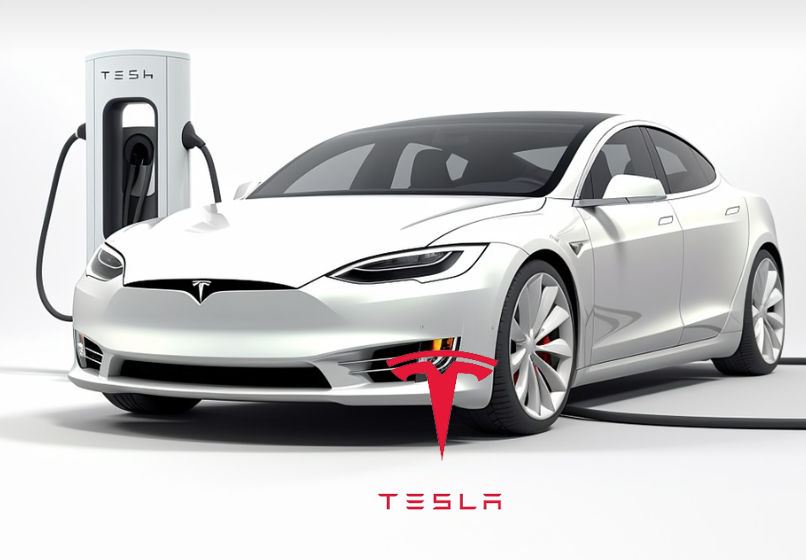$TSLA $X $BTC
#Tesla #Musk #Ramaswamy #TrumpAdministration #Efficiency #Innovation #FinancialMarkets #Crypto #Leadership #StockMarket #USPolitics #FederalDepartment #Economy
Tesla CEO Elon Musk and entrepreneur Vivek Ramaswamy are set to lead a new initiative within the Trump administration aimed at enhancing efficiency across federal departments. Their dynamic integration into the new “efficiency department” reflects the Trump administration’s increasing focus on private sector solutions and technological innovation to reduce government waste and streamline operations. This move is already sparking conversations across the financial markets about what the impacts may be on relevant sectors, particularly given Musk’s extensive track record of maximizing team performance and accelerating innovation. Likewise, Ramaswamy’s biotech background, notably with the pharmaceutical company Roivant, adds another layer of depth in healthcare and life sciences. The inclusion of both figures hints at more aggressive focuses on automation, AI, and energy efficiency under this newly charted initiative.
The potential market impact of these moves could be significant, particularly in sectors where both Musk and Ramaswamy boast considerable influence. For instance, Tesla ($TSLA) shares are already a robust bellwether for how the electric vehicle market performs, and this shift may further strengthen investor sentiment in companies actively pursuing innovations in renewable energy, AI, and electric transport. Similarly, Ramaswamy’s involvement may point towards rising interest surrounding innovation in healthcare, pharmaceuticals, and the broader biotech sector. While the efficiency drive means potential long-term economization for sectors deeply intertwined with government contracts or regulatory oversight, it also raises questions about how aggressively automation could be pursued and the eventual implications for productivity metrics.
Given the broader macroeconomic environment, this news amplifies discussions about productivity across both public and private sectors. Increased government efficiency, driven by innovation from tech and business-sector leadership, could free up resources for other uses or reduce the fiscal burden. This would potentially affect GDP growth positively and increase market confidence, especially in industries that traditionally intersect with regulatory bodies. Financial analysts have already started speculating on how federal spending reductions could impact tech stocks and publicly listed companies working on joint ventures with the government. The drive for efficiency may mean opportunities for companies that provide automated solutions and advanced technology services, such as artificial intelligence ($AI) or blockchain infrastructure. Cryptocurrency traders are also keeping a close watch on this given Musk’s previous support for digital currencies like Bitcoin ($BTC).
Whether this new department will succeed in catalyzing genuine improvements in governmental operations or will face bureaucratic hurdles is up for debate. In the short term, market analysts will likely continue to monitor the actions from Musk and Ramaswamy closely, as their approach will significantly influence sectors beyond just technology. Government-linked industries—such as defense, healthcare, and infrastructure—stand to benefit from increased efficiency that reduces operational costs and improves profit margins. However, skepticism remains, as there are concerns about how realistic it is to systematically apply the efficiency strategies that have worked in cutting-edge, high-risk companies to environments with heavy regulatory oversight and prolonged decision-making timelines. For now, investors seem cautiously optimistic about the future, evidenced by heightened trading volumes in relevant sectors.







Comments are closed.